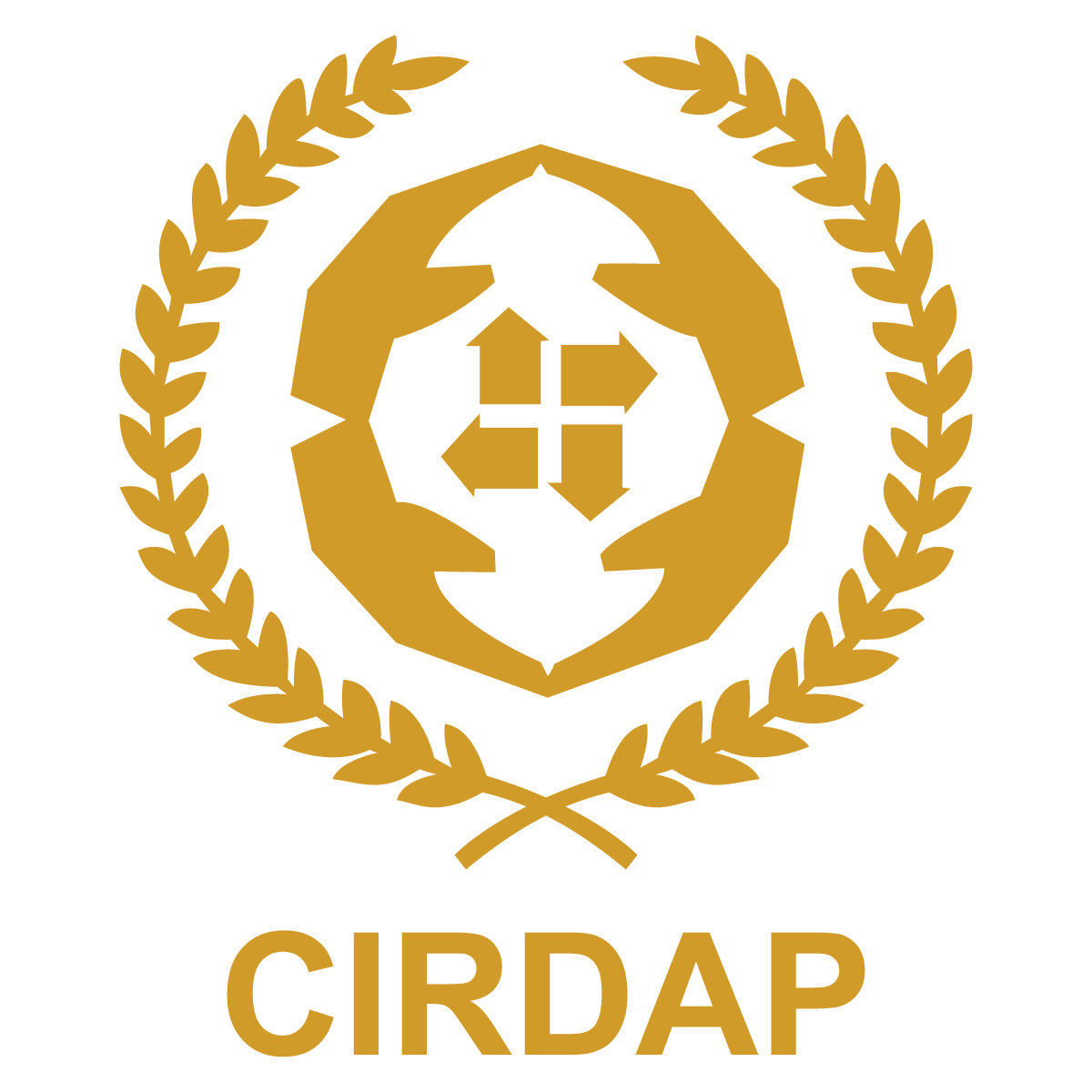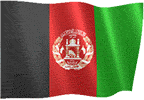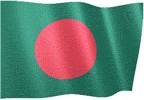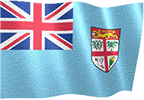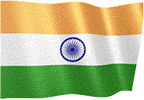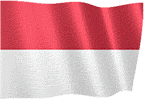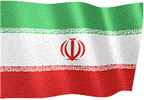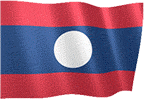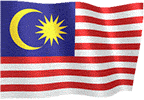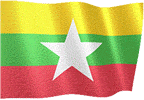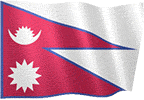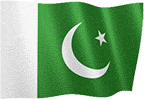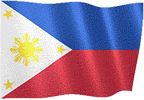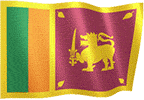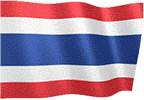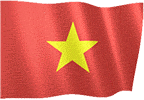Organised by CIRDAP in collaboration with NIRD&PR, a ten-day long international training programme on Waste to Wealth – Value Recovery from Agro-processing was held during 19-28 March 2018 at NIRD&PR, Hyderabad, India. A total of 18 government officials [Out of 18 participants, 14 were male and seven were female] from 10 CIRDAP member countries (i.e. Bangladesh, India, Sri Lanka, Nepal, Myanmar, Thailand, Philippines, Indonesia, Fiji and Iran) participated in the training programme.

The objectives of the training programme were:
(i) To familiarize with agro-food processing wastes as valuable resources for industrial and domestic application;
(ii) To identify the opportunities of agro-waste processing for poverty alleviation and sustainability of the rural development;
(iii) To focus on the Asia-Pacific trends of value recovery from agro-processing, and to introduce different agro-food waste processing technique to address rural livelihood opportunities;
(iv) To equip participants with the skills of project design, operation and maintenance (O&M), and management of waste management project; and
(v) To explain the process and importance of information, education and communication (IEC), and Behavioral Change Communication (BCC) in waste management project.
International Training on Waste to Wealth – Value Recovery from Agro-processing in India Mr. Tevita G Boseiwaqa Taginavulau, Director General of CIRDAP was the Chief Guest, and Dr. W. R. Reddy, Director General of NIRD&PR was the Chairperson of the closing session. Prof. Dr. Siva Ram of NIRD&PR was the Programme Director and Mr. Md. Zakaria of CIRDAP was the Programme Coordinator. In this training programme, a total of ten country papers were presented focusing on Waste to Wealth Value Recovery from Agro-processing. Participants learnt different types of waste management technologies and production procedures, such as leather shoes from chicken feet skin, salacca coffee made from snake fruit seed waste, cake made from tofu waste, compost and biogas from kitchen, cowhouse & cottage waste etc. At the end of the training programme, every country members presented and discussed what they learnt from this training programme and what should they do for their countries.
